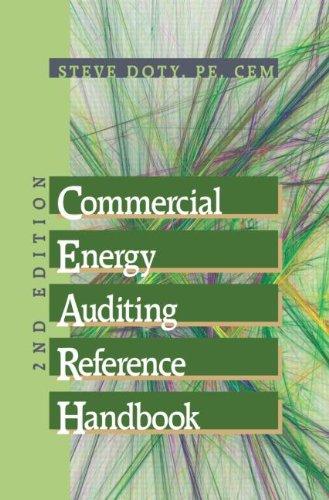Question
QUESTION 10 Accounts Receivables includes customer or noncustomer transactions with interest component: True False 10 points QUESTION 11 Under the gross method of accounting for
QUESTION 10 Accounts Receivables includes customer or noncustomer transactions with interest component: True False 10 points QUESTION 11 Under the gross method of accounting for the cash discounts, if the customer pays within the discount period, a sales discount is recognized (contra revenue account): True False 10 points QUESTION 12 Dodson Company traded in a manual pressing machine for an automated pressing machine and gave $24,000 cash. The old machine cost $279,000 and had a net book value of $213,000. The old machine had a fair value of $180,000. Which of the following is the correct journal entry to record the exchange? A. Cash 24,000 Equipment 180,000 Loss on Disposal 33,000 Accumulated Depreciation 66,000 Equipment 303,000 B. Equipment 369,000 Accumulated Depreciation 66,000 Equipment 279,000 Cash 24,000 C. Equipment 204,000 Equipment 120,000 Cash 24,000 D. Equipment 204,000 Loss on Disposal 33,000 Accumulated Depreciation 66,000 Equipment 279,000 Cash 24,000 10 points QUESTION 13 Given the historical cost of product Z is $160, the selling price of product Z is $19, costs to sell product Z are $21, the replacement cost for product Z is $166, and the normal profit margin is 40% of sales price, what is the amount that should be used to value the inventory under the lower-of-cost-or-market method? a. $ 93. b. $160. c. $169. d. $166. 10 points QUESTION 14 Turner Corporation acquired two inventory items at a lump-sum cost of $50,000. The acquisition included 3,000 units of product LF, and 7,000 units of product 1B. LF normally sells for $15 per unit, and 1B for $5 per unit. If Turner sells 1,000 units of LF, what amount of gross profit should it recognize? a. $1,875 b. $5,625. c. $10,000. d. $11,875. 10 points QUESTION 15 Under the allowance method, we can estimate the uncollectable accounts receivalble using either the 1) Percentage-of-Sales Approach and/or 2) Percentage-of-Receivables Approach : True False 10 points QUESTION 16 If we use the percentage of receivables approach, we need to calculate historical % of sales not collected and multiply it by current sales for the year True False 10 points QUESTION 17 For the purposes of calculating the cost of inventory, we need to capitalize all costs necessary to bring the item of inventory to salable condition True False 10 points QUESTION 18 Inventories are always current assets to the seller even though they may be noncurrent assets to the buyer True False 10 points QUESTION 19 A firm incurred the following costs related to the acquisition and sale of inventory: Direct purchase cost $60,000 Purchases returns 4,000 Freight-in 9,000 Freight-out 2,000 Interest on purchase 1,000 Sales and other taxes on acquisition 3,000 Packaging costs (for sale) 4,000 Insurance in transit from supplier 1,000 Promotional expenses 2,500 The inventory should be recorded at the following amount $73,000 $77,000 $75,000 $74,000 10 points QUESTION 20 Certificates of deposit are also part of cash equivalents True False
Step by Step Solution
There are 3 Steps involved in it
Step: 1

Get Instant Access to Expert-Tailored Solutions
See step-by-step solutions with expert insights and AI powered tools for academic success
Step: 2

Step: 3

Ace Your Homework with AI
Get the answers you need in no time with our AI-driven, step-by-step assistance
Get Started


